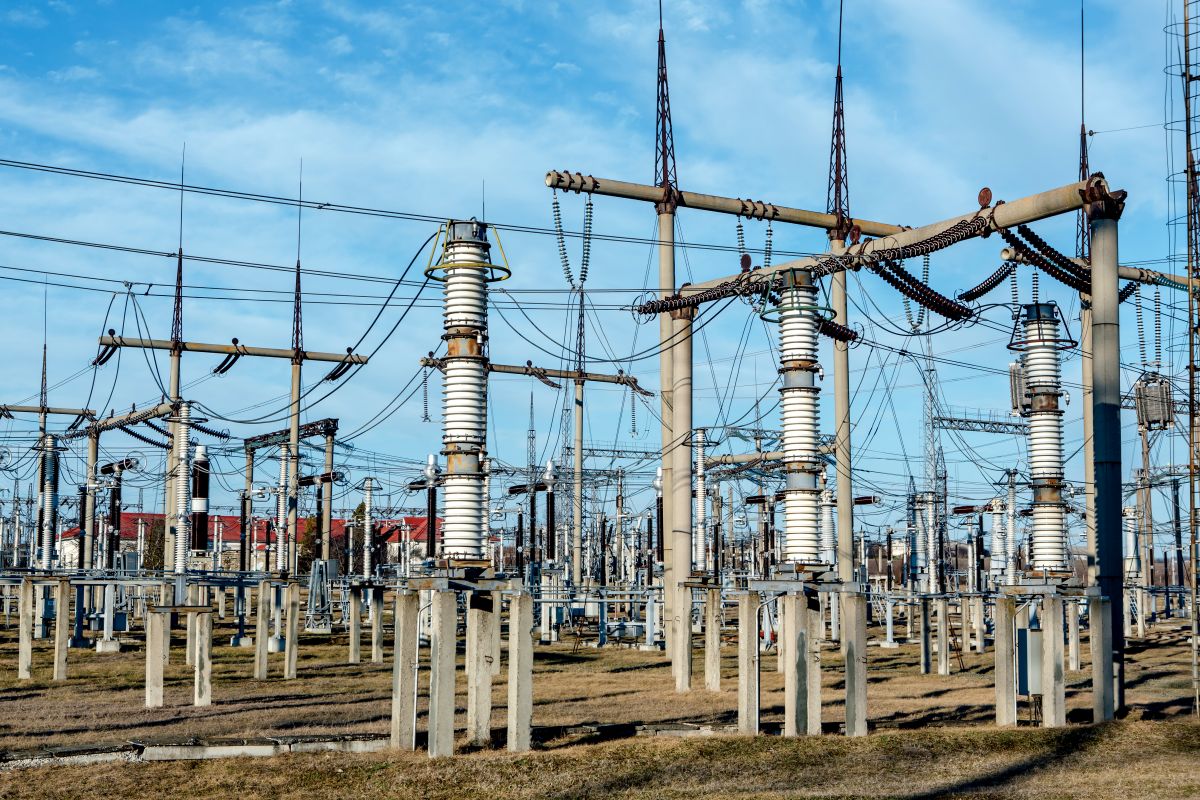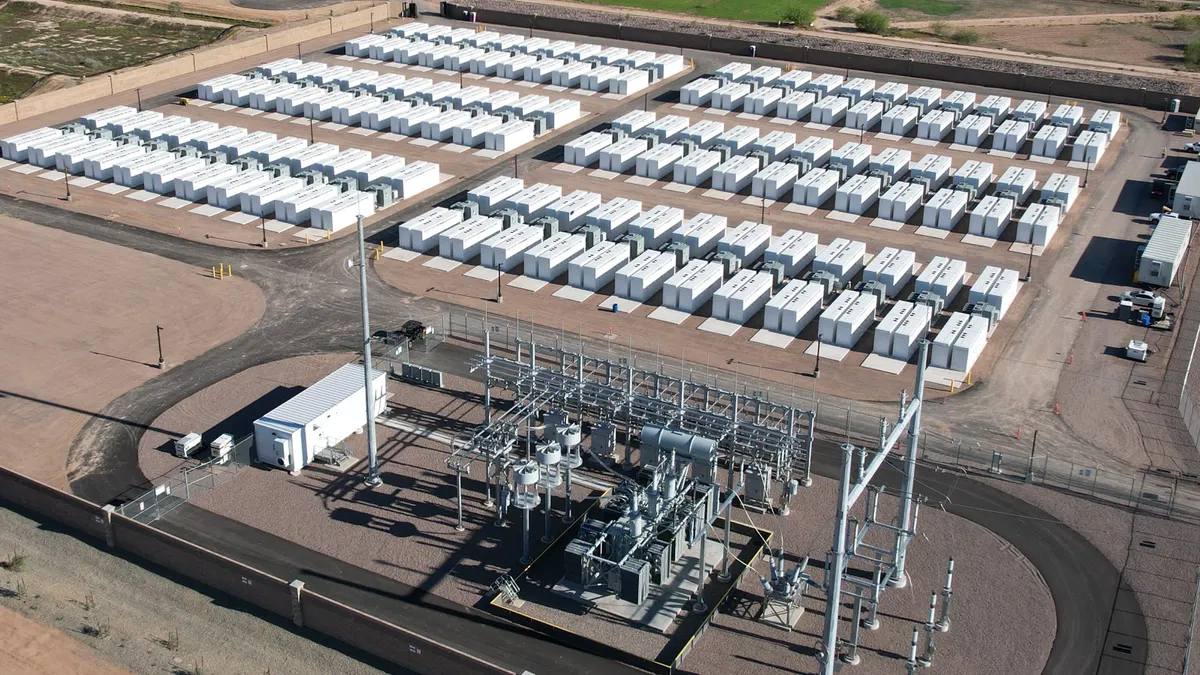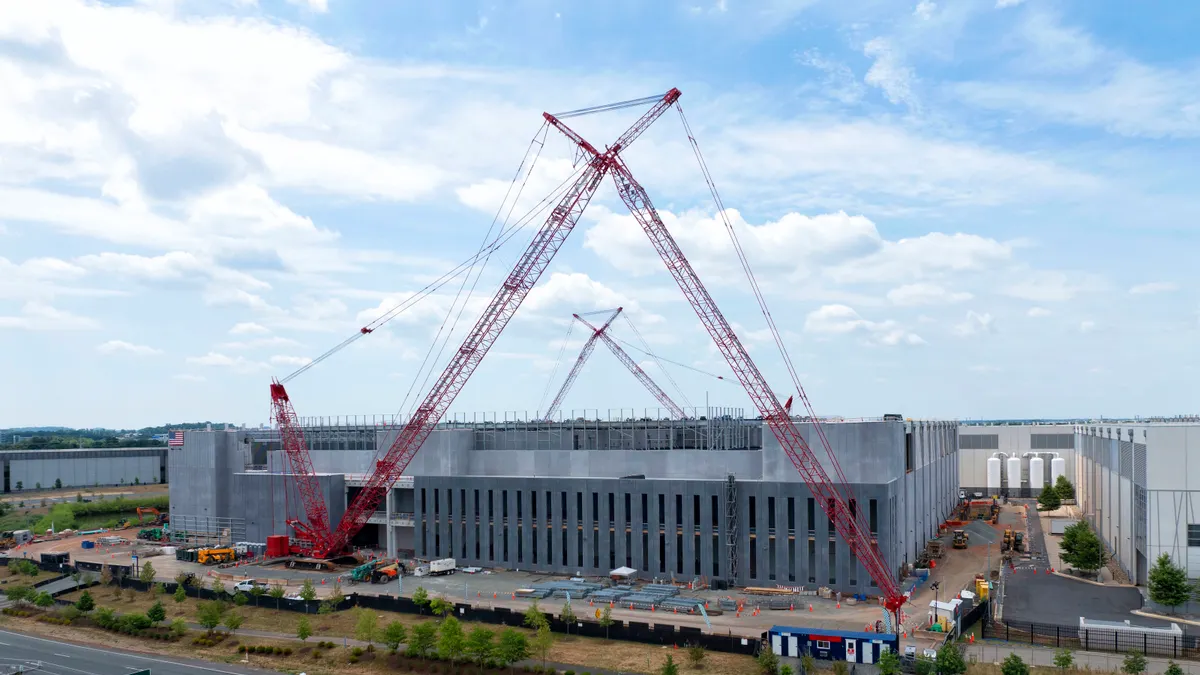WWW.TDWORLD.COM
The alterations, designed to increase reliability and reduce costs, were required to process and analyze interconnection applications submitted to the ISO in a timely manner.
The California Independent System Operator’s (ISO) Board of Governors has approved a comprehensive package of reforms to accelerate the efficient and cost-effective interconnection of new generating resources to the grid.
The interconnection process changes are also expected to be approved by the Federal Energy Regulatory Commission (FERC) before implementation.
The alterations were created with the guidance of stakeholders, who helped develop some of the initiative’s key concepts. The changes, designed to increase reliability and reduce costs, were required to process and analyze interconnection applications submitted to the ISO in a timely manner.
Under new protocols approved by the Board, ISO staff will evaluate interconnection applications focusing on alignment with local and state resource and transmission planning and project readiness while continuing to maintain open access to the transmission grid.
Interconnection requests for projects coming into the ISO during an annual application window will be scored based on commercial interest, project viability, and system requirement. Subsequently, the projects will be ranked for their ability to advance to the study process, where they will be fully evaluated.
The ISO plans to study projects up to 150% of available transmission capacity, increasing the possibility of most viable and cost-effective projects to progress without any delay as compared to excessive volumes of less feasible projects.
The reforms also include a path forward for projects not included in a geographic area with existing or planned transmission.
Reforms approved by the Board build on requirements established in July 2023 by FERC Order No. 2023, which set new standards for interconnection processes around the country. The ISO had submitted a compliance filing with FERC for the order and is layering additional reforms onto the federal requirements.
Further modifications to address interconnection issues will begin in summer 2024 and will focus on deliverability allocations and more acute challenges created by recent superclusters experiencing record numbers of interconnection requests.













